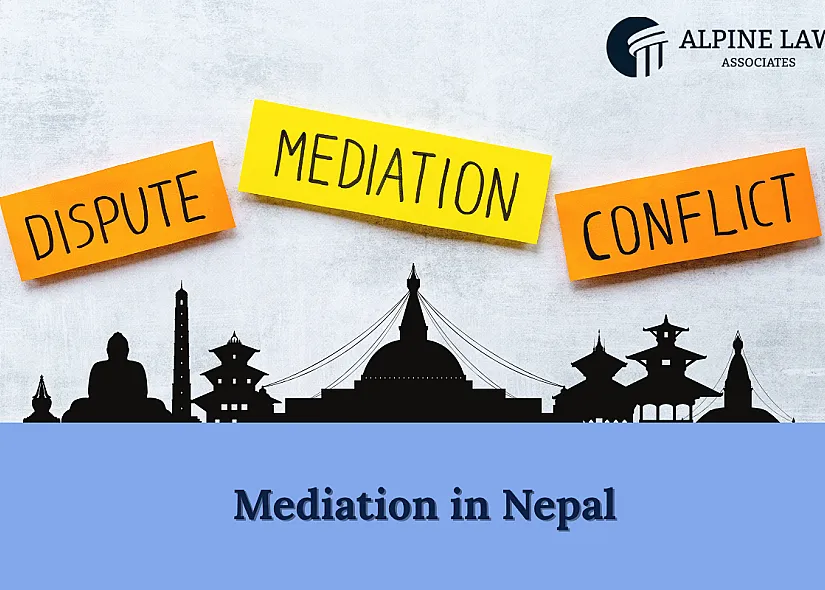Types and Importance of Evidence in Nepali Courts
Evidence is the foundation of justice in any legal proceeding. In Nepal, evidence encompasses all materials—oral, documentary, or physical—used to prove or disprove disputed facts in court. The law distinguishes between primary and secondary evidence, including original documents, real items, witness testimonies, and hearsay exceptions like dying declarations. This article explores the classification of evidence under Nepali law, how each type is admitted, and why proper presentation is vital for fair verdicts. Understanding these concepts ensures transparency, credibility, and accuracy in judicial processes, aligning with both procedural law and constitutional mandates.



-thumb_big.webp)
-thumb_big.webp)
-thumb_big.webp)
-thumb_big.webp)

-thumb_big.webp)